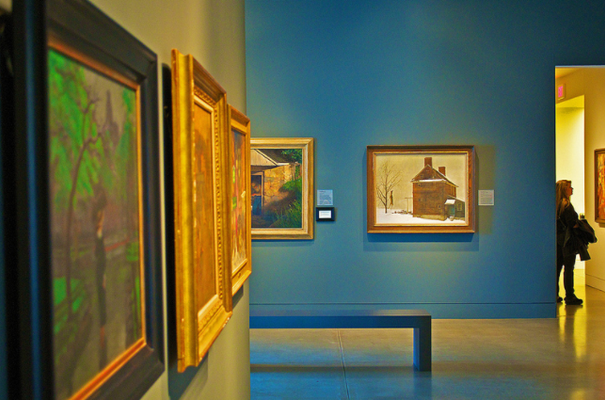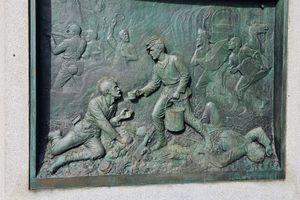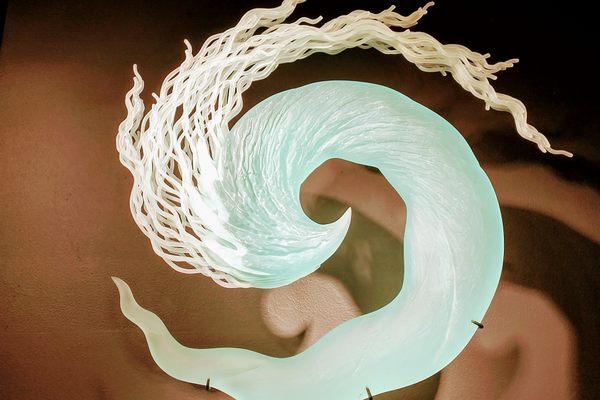About
Founded in 1912 in honor of the recently deceased local illustrator Howard Pyle, the Delaware Art Museum soon grew from a fledgling collection to the museum it is today. It now houses 12,000 pieces, with a particular emphasis on American and pre-Raphaelite art.
Its collection of pre-Raphaelite art—the largest collection outside the United Kingdom—introduces visitors to an obscure chapter in art history. The Pre-Raphaelite Brotherhood (PRB) was developed by young British painters in the 1840s who felt like the art of the time (in the 1800s, at least) was too inspired by the classical Renaissance artist Raphael. Instead, they wanted art to focus more on the works of the Quattrocento, the period from 1400 to 1499.
Unfortunately for the Brotherhood, it did not last long. It disbanded when a controversy erupted after one of its founding members, John Millais, painted a picture of Christ and his family that many deemed blasphemous and “backwards” for its medieval style. Even the writer Charles Dickens criticized the work, saying his rendition of Mary was ugly and that his work made the whole Holy Family look like alcoholics.
Though their movement disbanded, the Pre-Raphaelites still continued producing work. Their legacy was further enhanced by the other artists who created works inspired by the original PRB. Some of those works now hang on the walls of the Delaware Art Museum, which acquired its collection of Pre-Raphaelite art from the wealthy textile miller Samuel Bancroft. It has since been added on to over the years.
In addition to all the marvelous artwork housed inside—including the Persian Windows and the extremely detailed Queen’s Closet, an intricate work that memorializes the six wives of the infamous King Henry VIII,—the museum also has a peaceful sculpture garden, with quite a few pieces on display.
One of visitors' favorite items is the wonderful glass piece by renowned glassblower Dale Chihuly. It consists of several large, delicate, and beautiful pieces of blown glass mounted on beams that catch the sunlight through the clear, colored surfaces of the glass backdrop.
Related Tags
Community Contributors
Added By
Published
March 20, 2018

















































